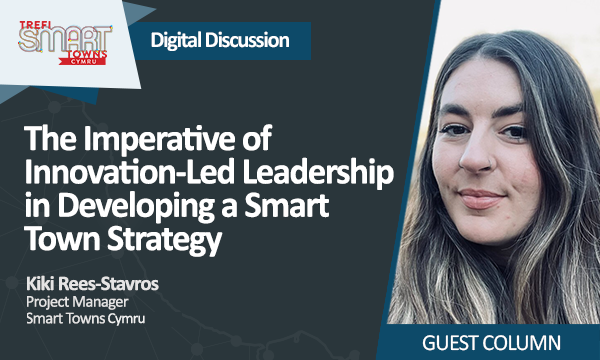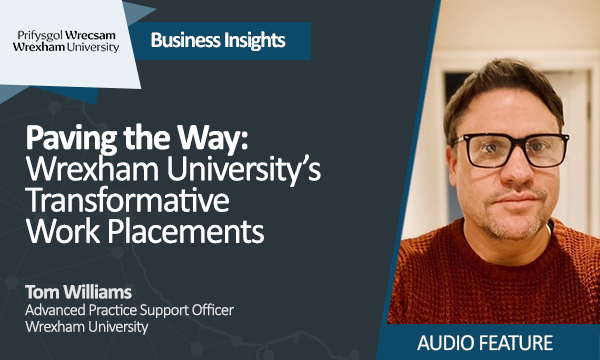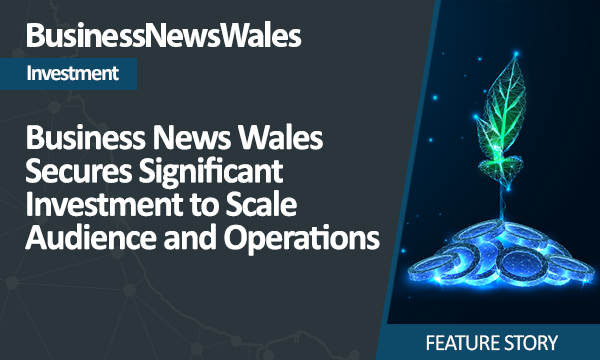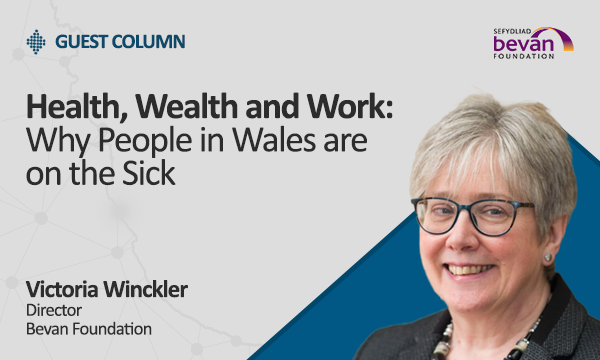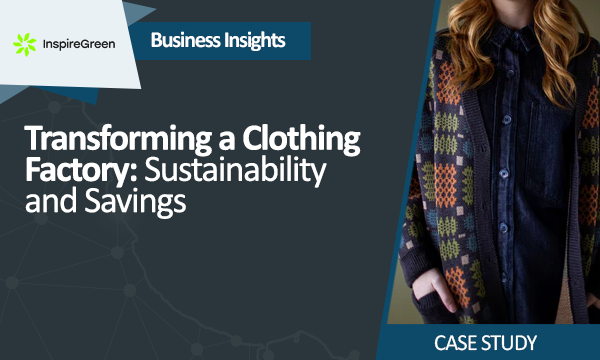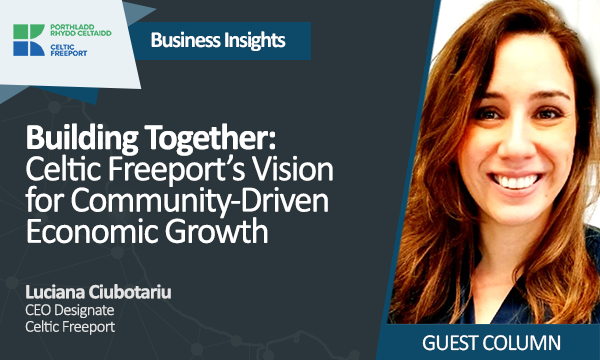A pioneering focus on measuring carbon emissions caused by the food and drink industry is being driven by environmental charity, Waste & Resources Action Programme (WRAP).
The charity delivers the Courtauld Commitment – a voluntary agreement enabling “collaborative action across the entire UK food chain to deliver farm-to-fork reductions in food waste, greenhouse gas (GHG) emissions and water stress that will help the UK food and drink sector achieve global environmental goals.”
WRAP brings together more than 80 businesses, trade bodies, NGOs, government departments and other organisations to set the inspiring new GHG targets through the practical framework of the Courtauld Commitment.
Business News Wales asked Dr David Moon, Head of Business Collaboration at WRAP to tell us more about the Courtauld Commitment and its most recent report findings. David also explained to us what environmental and business benefits SMEs will now be able to access as part of the Courtauld Commitment.
Listen to the interview below.
Elaborating on the purpose of the Courtauld Agreement, David said,
“Businesses are all facing the same challenge, which is how do you robustly track and deliver progress against your supply chain greenhouse gas targets? Recognising this, we’ve convened a forum, bringing together all parts of the supply chain to consider what’s needed to help the whole industry move forward faster.”
David highlighted three major findings from the 2021 Courtauld Commitment Annual Report,
“Firstly, we need to develop a standardised accounting reporting methodology so that there is a level playing field for businesses.”
“Secondly, we need a common set of greenhouse gas emission factors, so that everyone can calculate in the same way.”
“Thirdly, we need to develop the forward path, so that there is a more systematic way of collecting and verifying data along the supply chain.”
Emphasising the importance of collaboration, David gave an example of a previous case study involving WRAP, Rivers Trust and WWF.
“The Courtauld Commitment Water Ambition in collaboration with Rivers Trust and WWF, has seen food and drink businesses act within own operations to improve their water efficiency, but crucially, getting businesses to work together to help safeguard this critical resource.”
Discussing the environmental and business benefits SMEs can access by implementing the Associate Membership model of the Courtauld Commitment, David said,
“We’ve seen the UK government calling for standardised business sustainability reporting and climate related financial disclosures. Smaller businesses want to know how to do that.”
“We also find that businesses are wanting to embed better business practices, having their own sustainability targets and therefore, want to be able to report their greenhouse gas emissions.”
Concluding the interview, David described the type of businesses that WRAP wants to work with,
“We want to help those business that don’t have a lot of time and don’t have a lot of staff to allocate to this, they just want some simple help to do the right thing.”




